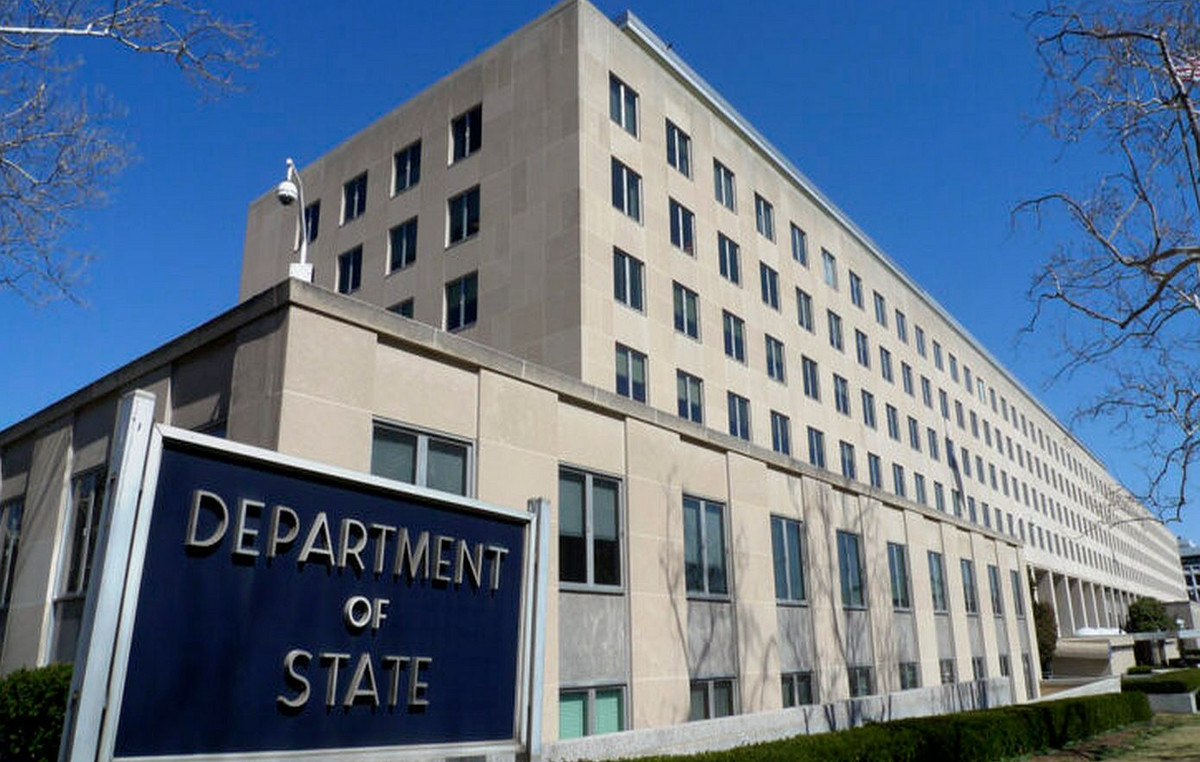If humanity cannot reverse the effects of climate change, the earth may suffer mass extinction, similar to that of the Permian period (between 299 and 251 million years ago), when about 90% of species failed to survive drastic conditions.
The warning is by researcher Hugh Montgomery, director of the Center for Health and Human Performance at University College London, England, and one of the authors of 2024 Report on Health and Climate Change of Scientific Publication The Lancet.
The scholar opened the program of Forecasting Healthy Futures Global Summit, an international event on health and climate, which began on Tuesday (8) in Rio de Janeiro. Brazil was chosen to host the conference because it will host the 30th United Nations Conference on Climate Change (COP 30) in November.
Montgomery stressed that this extinction has already been taking place – “the biggest and fastest the planet has ever seen, and we are causing it,” he said. However, species death can reach catastrophic levels if the increase in global average temperature reaches 3 ° C above pre-industrial levels. In 2024, we reached a record increase of 1.5 ° C, and scientists estimate that if current actions were maintained, especially with regard to greenhouse gas emissions, this increase should reach 2.7 ° C to 2100.
“If we continue to strike the base of this unstable column on which we are supported, the human species itself will be threatened. Last year we issued 54.6 billion tons of CO2 equivalent in the atmosphere – an increase of almost 1% over the previous year. CO2 atmospheric concentration is not only increasing, but increasingly increasing,” the expert explained.
And, according to Montgomery, other drastic consequences may affect the earth well before that. “If we reach, even temporarily, an increase between 1.7 ° C and 2.3 ° C, we will have an abrupt collapse of the Arctic ice layers. We know that this will also cause a significant slowdown on the southern Atlantic circulation, which depends on our climate over the next 20 or 30 years, causing an increase in the level of the sea in several meters, with catastrophic consequences.”
It draws attention to other causes of global warming, such as methane emission, gas with harmful potential 83 times higher than carbon dioxide, released mainly during natural gas exploration. The English scientist also argued that immediate depollution actions are essential to the world economy itself, which, it foresees, should reduce by 20% per year, or $ 38 trillion from 2049 because of the effects of climate change.
Hugh Montegomery evaluates that it is important to think of measures to adapt to climate change, because they are already affecting the health of the population today, “but this cannot be done over a drastic and immediate reduction in emissions, because it makes no sense to focus only on the relief of symptoms when we should be seeking healing.”
See also: Extinct species 12 thousand years ago is “recreated” by startup
This content was originally published in climate crisis can cause new mass extinction, says researcher on CNN Brazil.
Source: CNN Brasil
Charles Grill is a tech-savvy writer with over 3 years of experience in the field. He writes on a variety of technology-related topics and has a strong focus on the latest advancements in the industry. He is connected with several online news websites and is currently contributing to a technology-focused platform.







